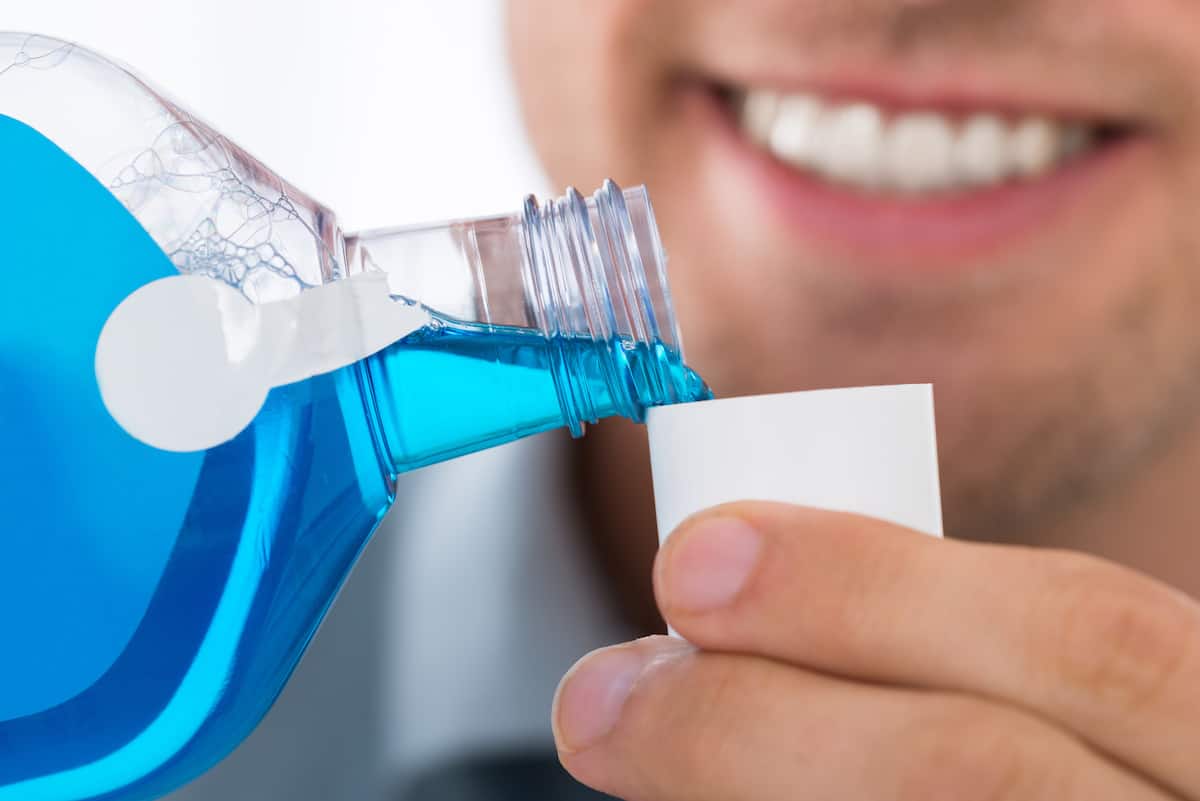When it comes to practicing good oral hygiene, it’s important to do all the usual things such as brushing and flossing. The American Dental Association (ADA) recommends brushing at least twice a day and it’s recommended that you floss every day. You should also add mouthwash as part of that oral hygiene routine. If you’ve been in the dental aisle of your local supermarket, you’ve seen all the different types and colors of mouthwash. You can also have mouthwash prescribed to you at your local dental practice.
But if you’re not a regular user of mouthwash, you may be wondering what the benefits are and how it helps your mouth. Here is everything you need to know.
How it Works
The active ingredients in mouthwash can include essential oils, peroxide and fluoride, water, and alcohol which fight the bacteria that cause bad breath, strengthen your enamel, and work to keep your mouth fresh. It also works to remove surface stains on the teeth and helps to whiten teeth. Mouthwashes, especially whitening mouthwashes, can act as a sort of barrier between your teeth and foods that stain them.
Therapeutic mouthwashes can help get rid of dry mouth and moisten your gums and teeth. Mouthwash also helps protect against gingivitis and plaque buildup.
What Kind Do You Need?
To choose the best mouthwash for your needs, you need to think about what your oral care needs are. You can also talk to a dentist at Caldwell, Bills, Petrilli & West & West Dentistry about which one might be best. For example, if you’re just dealing with bad breath, then you can choose a mouthwash that’s easy to find and in a flavor you like. If you’re looking to avoid a buildup of bacteria, then your dental practice experts can help you navigate labels like antigingivitis and antimicrobial. You might also want to look for mouthwashes that are ADA-approved.
Using it Correctly
It’s important to note that using mouthwash shouldn’t be a stand-in for brushing or flossing. But if you’re going to use it, it’s important to do so correctly. If you buy over-the-counter mouthwash, especially a fluoride one, you should only use it once a day before bed. You also shouldn’t eat or rinse for at least a half-hour after using mouthwash.
Ready to add mouthwash to your regular dental hygiene routine? It helps to have expert dentists on your side. Talk with the team at Caldwell, Bills, Petrilli & West & West Dentistry today to get started on a journey to clean and healthy teeth.

